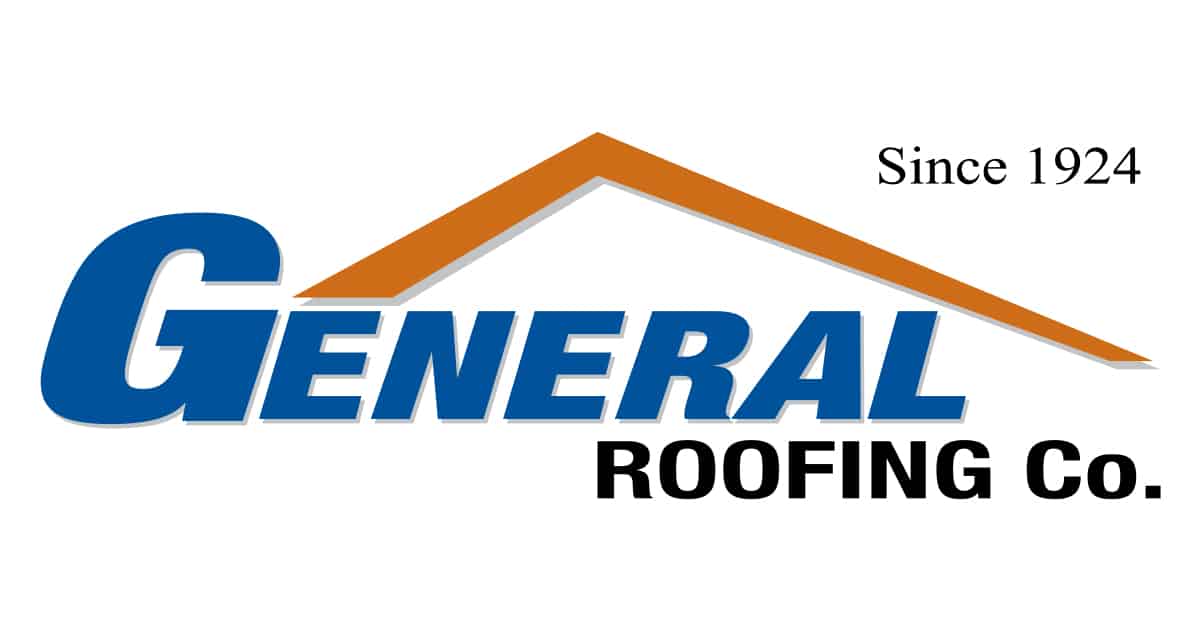
A new roof represents a significant expenditure for your property. The good news is your investment will protect your home or your business for many years to come. With a little bit of number crunching, you can develop a plan that identifies the best way to pay for your new roof. There are a few pros and cons to financing your new roof.
At General Roofing, we help our clients in any way we can; from putting on quality and affordable roofs to discussing your payment options, the right choice for your business depends on several factors.
Benefits of Financing a New Roof
If your company is not flush with cash, financing is a good option. After all, avoiding needed roof repairs or a new roof can result in damages that could cost thousands of dollars to replace. By financing your new roof, you can expect several benefits:
- An upward bump in the value of your property and an immediate return on your investment. When your roof is intact and in top-notch condition, the building retains its value. It’s protected against roof failure and leaks that can jeopardize the structure, its contents, and your tenant’s leases or business operations.
- Cost savings on expenses. Once your new roof is installed, your repair and maintenance costs should decrease. You can also see other savings, such as lower property insurance premiums.
- Tax-deductible loan interest. Suppose you decide to finance your new roof, the interest portion of your monthly loan payments is considered a business expense so that you can deduct the total interest paid from your annual taxable income for tax purposes.
- The protection of warranty coverage. After the new roof is installed, you’ll have warranty coverage from the material manufacturer and a workmanship guarantee from your roofing contractor.
Cons of Financing a New Roof
There are a few disadvantages of financing a new roof, such as paying interest. However, some other negatives include:
- Need a downpayment and collateral. Creditors usually expect a 10-30% down payment and collateral to approve a property improvement loan. Some lenders accept accounts receivable, equity in your property, inventory, or property equity as collateral. Make sure to check with your lender to see if they take any of these.
- A lot of paperwork for your loans. Not only do you need to complete an application, but your creditor will require financial records, which include three years of your company’s tax returns, current income statements, a collateral schedule, as well as personal income tax returns. You’ll also need to provide your roofing contractor’s contact information, a breakdown of the roofing project cost, and a copy of the signed contract.
At General Roofing, we take care of all roofing needs for our customers in the Bay area. Contact us today to find out how we can help.

Recent Comments